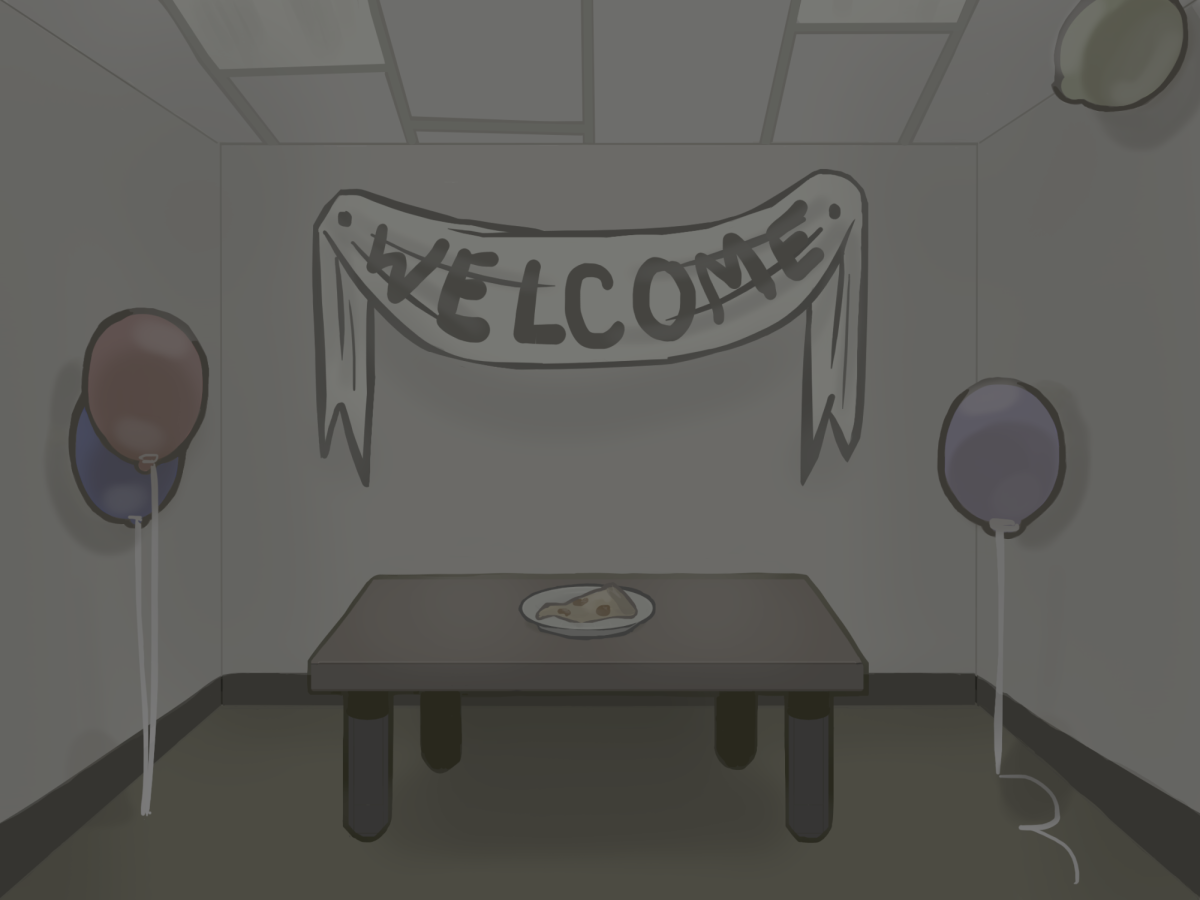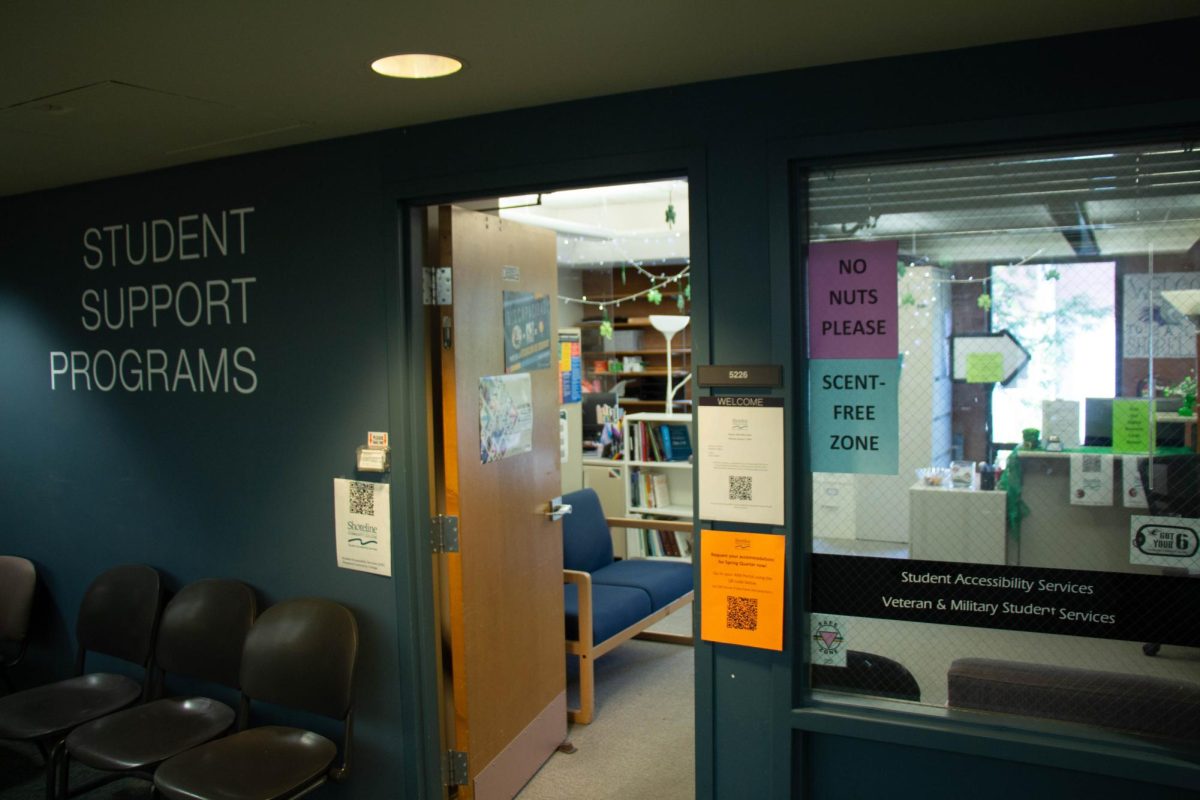Shoreline Community College is confronting a serious budget shortfall that could lead to staff layoffs in the near future. Administrators say a mix of past accounting errors, federal restrictions on international students, and state-level funding changes have combined to create a financial challenge totaling more than $3 million on top of the college’s $60 million operating budget.
According to President Jack Kahn, the shortfall stems in part from bookkeeping problems under the previous administration. “It looks like we’re losing more money because we’re accounting for something we should have accounted for a while ago,” Kahn said. The discrepancy was uncovered by what he called the college’s “strong finance team.”
Federal policies have also reduced Shoreline’s international student population—an essential source of tuition revenue. New visa restrictions and tense diplomatic relations have led to an 8–10% drop in international enrollment. “I was on a call yesterday with about 30 presidents from different parts of the country,” Kahn said. “It was one of those ‘misery loves company’ kind of things… I was hearing from people all over the country that were closing campuses, closing colleges.”
Washington state’s $16 billion deficit is another blow to college budgets. Because the state allocates money based on enrollment growth relative to other colleges, Shoreline—growing at about 3%—is losing funding to institutions expanding faster. Kahn said this could cost the college $3.5 million over the next four to six years, with $650,000 to $700,000 less each year. “Some of our sister colleges are growing back at like 8%, 9%, 10%,” he said.
Shoreline Faculty Union President Erik Hamako compared higher education’s power dynamics to “the European feudal system,” explaining that administrators often prioritize long-term contracts over contingent faculty. “We represent all faculty, not just full-time,” Hamako said. “When I hear the college saying that it’s trying to preserve full-time positions, they’re leaving out a big chunk of our faculty.” Contingent faculty make up roughly two-thirds of Shoreline’s teaching staff.
With about 80% of the college’s annual expenses going to personnel, layoffs are expected to fall hardest on non-permanent employees.
Despite the financial strain, Kahn emphasized that students remain the administration’s top priority. “We’re trying to shelter the campus from a very difficult time,” he said, “and do it in a way that has the least negative impact and keeps our students as our focus.”
Lavina Seawright, Shoreline’s new Director of Student Life, added that student activities will likely continue as usual. “Student activities and events are primarily funded through the S&A fee,” she said, noting that those funds are separate from the college’s general budget.
As Shoreline works through this challenging budget cycle, college leaders, faculty, and students alike are waiting to see how the numbers settle—and how the campus community will adapt in the months ahead.








